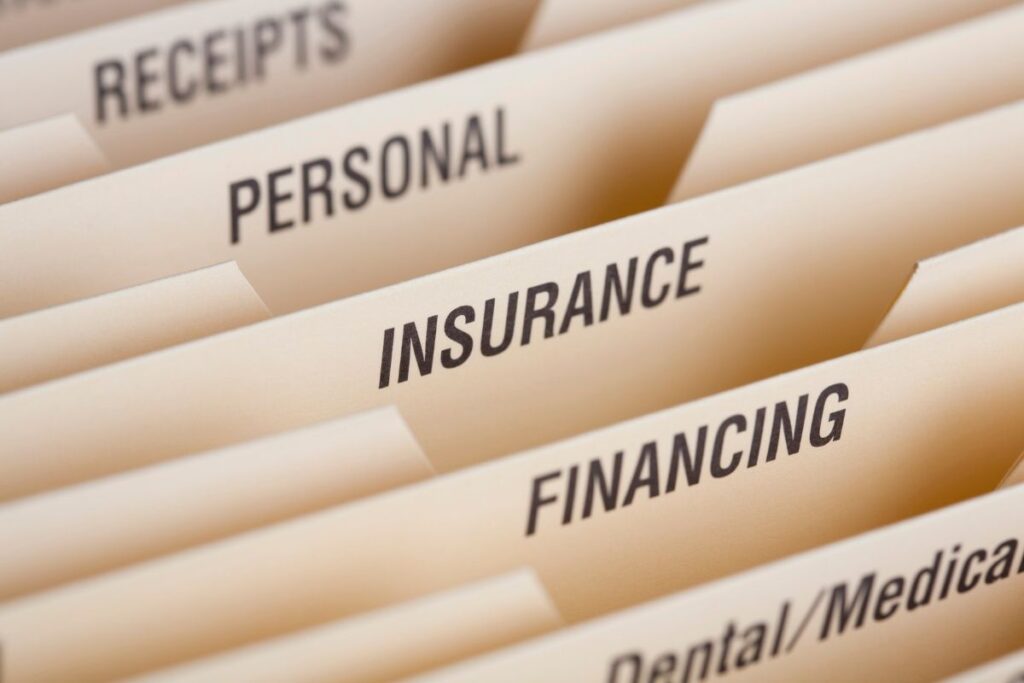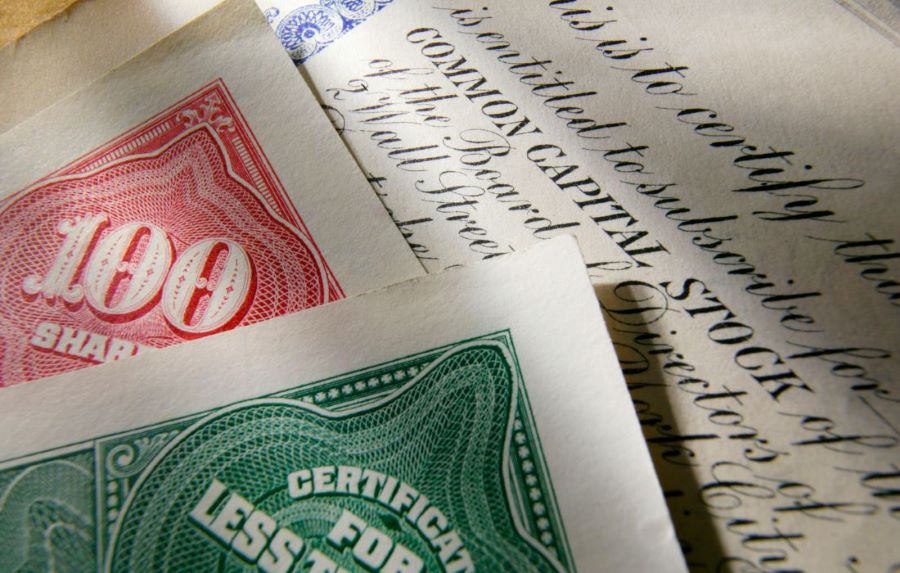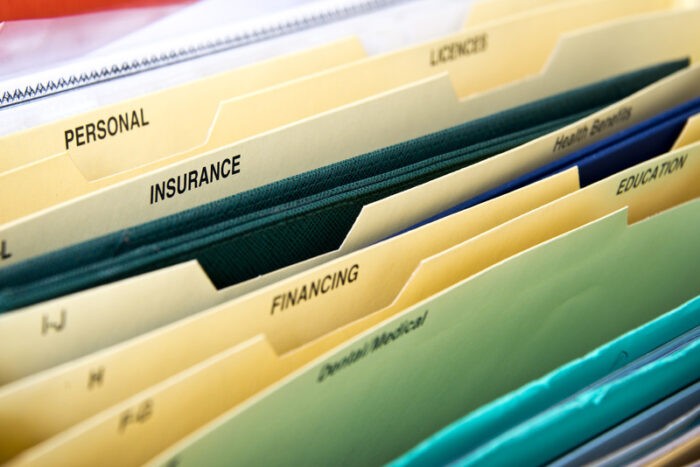Mastering Document Retention: Key Strategies for Efficient Record Keeping
Do you toss everything? Or are you a pack rat holding on to every document for all eternity, just in case? In case of what, you can’t be sure, but you won’t throw it out. The fact is, the best record retention process is somewhere in between. Setting up a filing system and a purge cycle will help you know what to keep and how long to keep it.
Active Files/Short Term
Active files can be purged yearly or more often in some cases. As the name suggests, they contain documents that reflect activity. Items such as utility bills, receipts, medical expenses, and the like are all considered active files. If you’re setting up a filing system and purge cycle, begin by discarding all but the most recent of these documents. To break this down even further:
- Utility bills: can be shredded (or deleted if you have online billing) after verifying payment
- Debit/credit card receipts: should be kept until you compare them to your most recent statements
- Bank statements: if you’re not getting these in the mail anymore, print out the most recent one in case you ever need to prove your balance
- Quarterly retirement statements: should be retained until you receive the annual summary. Hold onto your annual summaries until you close the associated account(s).
- Insurance policies: are typically renewed annually or every six months. Hold on to the policy documents until you get the newest ones.

Create a Tax File
Documents related to income, charitable contributions, business expenses, or other deductions must be saved. Create a section in your active files for storing these items each year. This will help you at tax time to find the documents you need and file more easily or provide the complete package to your tax preparer. Your tax file should include:
- Proof of income: such as dividends and interest, bank and brokerage statements, W-2s, 1009s, mutual fund statements, etc.
- Deductions: include charitable donations, health care expenses, self-employment/business expenses, child care, and mortgage interest
- Receipts/invoices: for deductible expenses and mileage logs, if applicable
Filed Tax Retention
Once you’ve filed your taxes, it’s generally recommended to hold on to the supporting paperwork for seven years. Some special circumstances would increase this to 10 years. Check with your accountant or tax professional to understand your situation.
Purge any tax documents older than this range. Organize the ones you’re saving in files labeled with the tax year and the destruction date. If you need to conserve space, the IRS does accept electronic records, so you can scan and save everything to the cloud or external hard drive. Check out this handy info from the IRS to learn more about what you need to keep and for how long.
Permanent Files
There are some documents you do need to keep forever. These include warranty and instruction information for major purchases you still own, investment information, legal correspondence, and related documents, as well as car and property information.
If you’re not sure, check with an accountant. Also, consider having a permanent file for hard-to-replace vital records such as title/deeds, birth certificates, marriage or divorce information, passport, and military records. Ideally, these should be stored in a fireproof safe or safe deposit box at the bank.
**Investment firms are now required to maintain cost-basis information, but that wasn’t always the standard, so hang on to hard copies or the digital form if your financial provider does not.

Asset-Based Documents
Some documentation is only applicable to specific assets, like a deed or car title, for example. These types of documents should be kept for as long as you own the asset but can be discarded when it’s no longer in your possession. Documentation like this includes:
- Real estate: such as deeds, property abstracts, mortgage and closing documents, insurance information, receipts for home repair and improvement
- Vehicles: such as titles, lease agreements, purchase documentation, owner’s manual, registration, and insurance
- Household items: such as receipts, warranty information, and user manuals
- Financial info: such as investment or stock statements and retirement plan records
Everything Else
Unless you’re holding onto something because you’re working through a dispute, might return a product, or are waiting for a claim to be paid, you probably don’t need it.
The whole point of a records retention schedule is to help you keep what you need for only as long as you need it. So, if you’ve got a stack of receipts that aren’t serving a purpose, send them away with love.
Most credit card and bank companies have a limited time frame to settle a dispute. If you’re keeping them longer than that timeframe, you’re making it harder on yourself to clear up something down the road. Anything you hold onto because you “might need it” is likely available electronically.

Where to Keep It
While much of this can be kept in a good filing cabinet, a safe, preferably fireproof, is suggested. This will protect your important documents from theft and damage. Fireproof safes will have a rating from the Underwriters Laboratories (UL), indicating how long the items inside remain undamaged during a fire. These range from half an hour to five hours. If you live in an area that qualifies for flood insurance, you may also want to consider a waterproof safe. Wall safes or standing safes are a good solution if you’re concerned about theft.
Digital Filing
A Step-by-Step Strategy to Setting Up a Digital Filing System
Whenever possible, digital storage is also a good idea since you can access it from anywhere. In addition, some space-wasting items can be stored electronically.
- Selecting the Right Platform: Your choice of cloud storage – be it Google Drive, Dropbox, or Microsoft OneDrive – is the foundation of your digital filing system. Look for a platform that offers the right balance of security, user-friendliness, and storage capacity.
- Organizing Your Digital Files: Approach this with the same logic as a physical filing system. Set up main folders for different categories like ‘Active Files,’ ‘Tax Files,’ and ‘Permanent Files,’ and organize subfolders within these for efficient document management.
- Digitizing Your Documents: Convert your physical documents into a digital format using a scanner or a mobile scanning app. Ensure each file is clearly labeled and legible, making them easy to locate and reference.
- Consistent File Naming: Adopt a consistent naming convention for your files. This could be something like ‘Category_Subcategory_Date’ (e.g., ‘Bills_Utility_March_2024’). It’s a simple yet effective way to keep your files organized.
- Regular Maintenance and Backups: Keep your digital files up-to-date and ensure regular backups. This step is crucial for safeguarding your documents against any unforeseen data loss.
- Ensuring Document Security: Protect your digital files with strong passwords and consider enabling two-factor authentication for additional security.
Our Pick for Best Document Scanner This portable scanner efficiently digitizes various document types. It’s compatible with Windows and Mac and features built-in, user-friendly software. Ideal for home offices and remote work, it supports a range of media, including business cards and receipts, and allows for easy editing and organization of scanned files.
Tips for a Smooth Digital Transition
- Start with Current Documents: Begin by digitizing your most recent documents and then work your way backward. This gradual approach can make the transition more manageable.
- Maintain Consistency: Regularly update your digital files to reflect any changes in your physical documents. Consistency is key to effective document management.
- Professional Assistance: If the process is overwhelming, consider seeking help from a professional organizing service such as True Assisting. Our expertise in digital organizing can make this transition smooth and stress-free. Contact us for personalized assistance, and let’s streamline your digital organization together.
• Check out more on digital storage

Vital Document Storage
A bank-safe deposit box is another option for storing your vital documents.
When considering a safe deposit box, think about what items are suitable for storage. Ideal contents include hard-to-replace documents like contracts, business papers, military discharge papers, and physical stock and bond certificates. Personal papers, important business records, and sentimental items also fit well. However, items needed in emergencies, like passports or the only copies of wills and medical directives, should not be stored in these boxes. Additionally, storing cash in a safe deposit box is not advisable, as it doesn’t earn interest.
The cost of renting a safe deposit box varies, typically ranging from $15 to $350 per year, depending on the size and location. While these boxes have been a staple in banks for over 150 years, the trend is shifting towards digital storage and home safes, especially among younger customers.
As you set up your files and purge cycles, speak with an accountant or other professional if you have any questions. If the whole thing seems too overwhelming to take on, professional organizers like True Assisting can help you bring your files and your life back into an organized balance.










How long things need to be kept is one of the questions that I get asked frequently. I appreciate the parameters you recommended. One of my favorite things to do is go through my files twice a year to shred or recycle papers that are no longer needed. I do this at the end of the year in December, and again in April after taxes are filed. I shred the back-up material for the tax papers that are seven years old from date of filing.
The end of the year and after taxes are filed are a great guideline to move paperwork!
This is a great resource to bookmark for reference. There is a lot of anxiety around paperwork ad files. I kept too much paper early on, and am now trying to sort through it all. It is a big project, and I would be in better shape if I had followed this advice!
Thank you! I think we’re all a little guilty of saving too much paperwork for all the wrong reasons.
I’m a “shred it and forget it” kind of girl, haha. I appreciate all your ideas for what to keep and how to file. Definitely sharing this!
I love the shred it and forget it attitude!!! Thanks for sharing